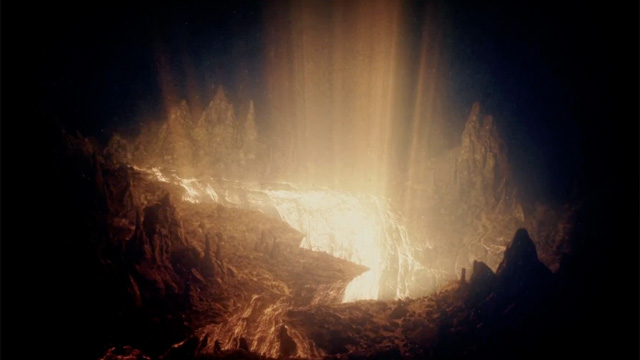TS fix your Subject line. I got all excited as it looks like you are saying that you have an article where scientists explain and that is something i have wanted to see for a while.
I post all the time on this forum that I think we should be focusing on building a multi decade type self sustaining city habitat in the deep ocean, powered off the Deep Thermal vents free and endless (?) energy source.
Something like this picture provided upthread or even better a relocatable and movable station, should it need to move, would be best.
Learning to deal with the massive pressures at deep ocean depth would benefit the space program as well.
@90 50, a deep ocean, self sustaining colony would also give us that beach head to survive a apocalyptic type event (asteroid strike, massive volcano eruption, nuclear winter) and to be able to repopulate the planet once it subsides. This habitat would survive the oceans freezing over and zero sunlight. As long as they have supplies and can farm the deep ocean for additional resources. Only a true planet ending event would not be survived.
Besides the energy we get from Deep Ocean vents
If they can advance this, we are golden
Sustainable Energy
Salty Solution for Energy Generation
The difference in salinity between freshwater and saltwater holds promise as a large source of renewable energy. ...










